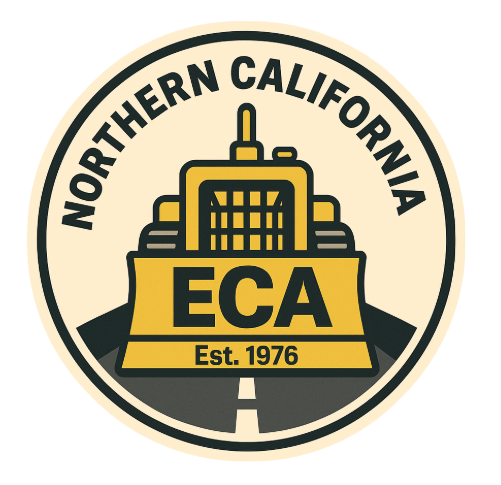When a crane boom fails, watch out. As the heavy piece comes crashing down, lives can be snuffed out and thousands of dollars’ worth of property damaged.
Crane boom failure can be one of the biggest disasters on a construction job; yet it can be caused by poor planning on the simplest lifting job.
The time to discuss crane boom failure is before it happens, not afterwards.
The two main causes of crane boom failure are overloading and improper loading.
click HERE for the rest!
